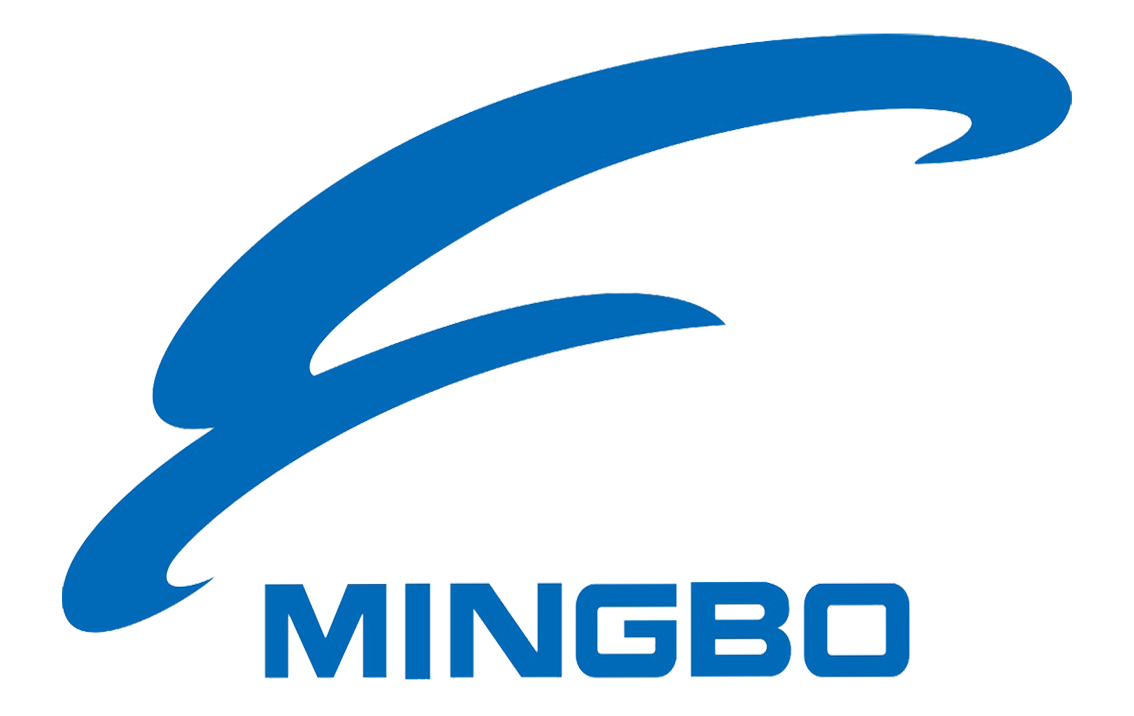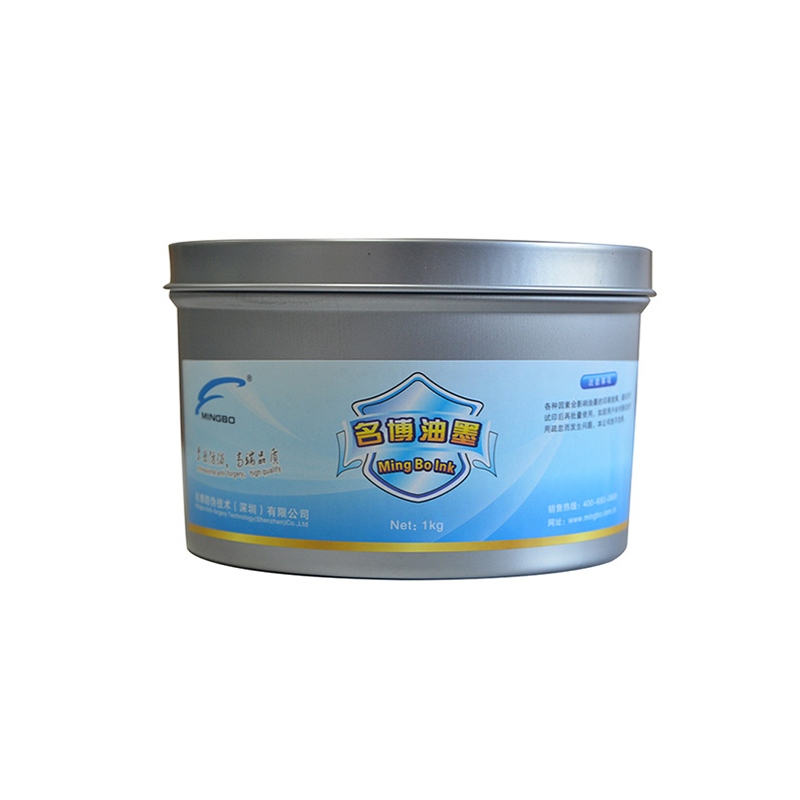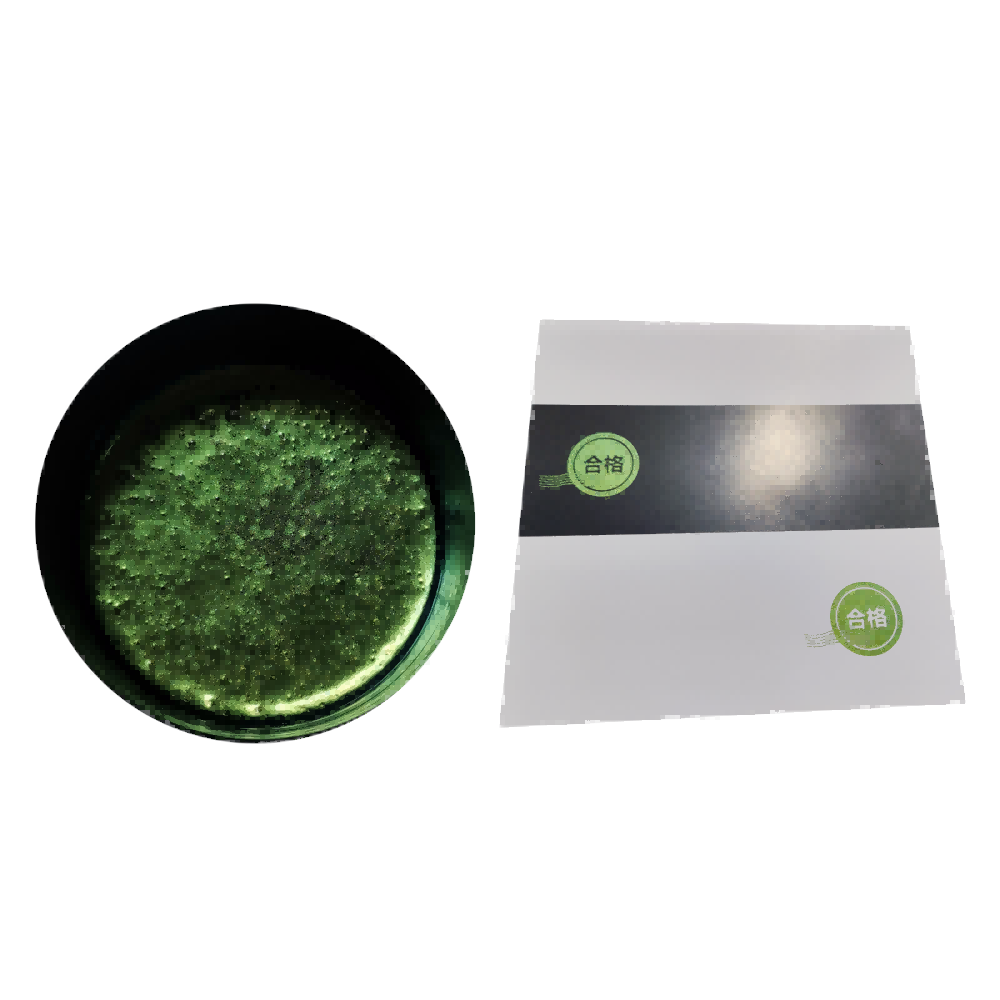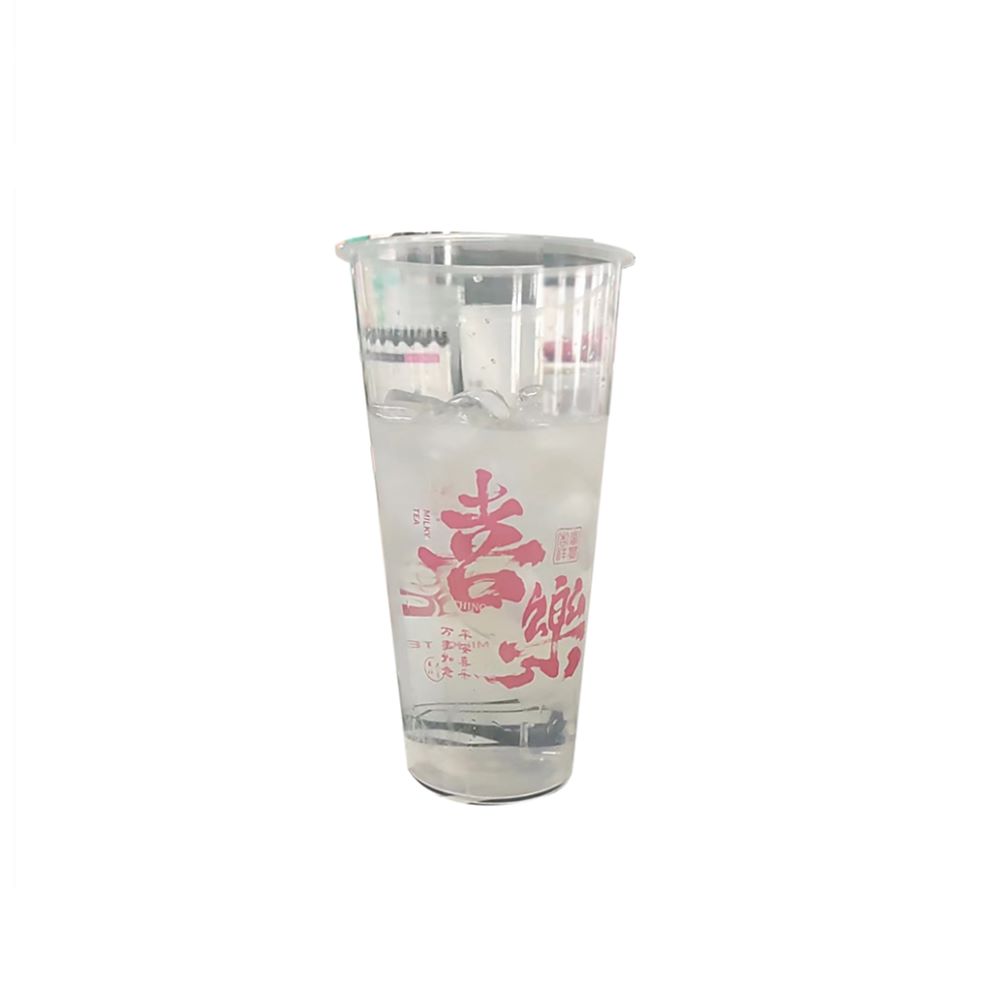As the global printing industry becomes increasingly aware of its environmental impact, businesses are turning to innovative solutions to reduce their carbon footprint.
One solution is using black carbon offset ink, which is gaining traction for its potential to promote more sustainable printing practices. This article explores the background of environmentally friendly printing, the rise of carbon offset ink technology, its market applications, and how businesses can leverage it to improve their sustainability image.
 What is Black Carbon Offset Printing Ink?
What is Black Carbon Offset Printing Ink?
The ink is a type of ink designed to reduce the carbon emissions associated with traditional printing processes. This ink works by offsetting carbon emissions during production through various methods, such as investing in carbon-reducing projects or using sustainable raw materials in its production. The key benefit of this technology is its ability to lower the environmental impact of printing while maintaining high-quality results.
By using renewable and eco-friendly materials, black carbon offset ink helps reduce the overall carbon footprint of the printing industry. As businesses and consumers increasingly prioritize environmental sustainability, the demand for this ink technology is expected to grow.
Industry Trend: Growing Demand for Environmentally Friendly Inks
In recent years, there has been a noticeable shift toward eco-friendly printing inks, particularly in the packaging and advertising industries. As consumers become more eco-conscious, brands are under pressure to adopt green practices, including using sustainable printing materials.
Black carbon offset ink aligns with these trends by offering a cleaner alternative to conventional printing methods. Many businesses in the packaging sector, for example, are switching to this ink to meet the growing consumer demand for environmentally responsible products. Additionally, advertising campaigns that use carbon offset inks help companies highlight their commitment to sustainability, which can improve their brand image and consumer loyalty.
Market Application of Carbon Offset Inks
For B-end users such as printing companies and brand owners, adopting black carbon offset ink offers a unique opportunity to improve their brand’s sustainable image. Sur le marché concurrentiel d'aujourd'hui, businesses are actively shaping their reputation through their environmental impact. Using eco-friendly products like carbon offset inks can make a significant difference. Here’s how B-end users can benefit from incorporating this ink into their operations:
1. Brand Image: Using carbon offset ink positions businesses as environmentally responsible and forward-thinking, which resonates with consumers who prioritize sustainability.
2. Consumer Loyalty: As sustainability becomes a key purchasing factor, brands that adopt eco-friendly practices, such as using our ink, can foster greater customer loyalty.
3. Compliance and Market Expansion: With stricter environmental regulations in many regions, companies adopting sustainable printing practices can stay ahead of the curve and tap into new markets prioritizing eco-consciousness.
By incorporating black carbon offset ink, businesses enhance their sustainability credentials and contribute to a greener, more sustainable printing industry.
The Long-Term Impact on the Printing Industry
Looking ahead, we expect black carbon offset ink to become a mainstream solution for sustainable printing in the commercial sector. As the demand for eco-friendly practices grows across industries, the long-term impact of this ink will help reduce the overall environmental footprint of the printing industry. With continued innovation, printing ink could be critical in reshaping the industry by setting new standards for eco-friendly printing solutions.
Et Mingbo, we specialize in black carbon offset ink, providing high-quality, sustainable solutions for businesses looking to reduce their environmental impact. Whether you are in the packaging or advertising industry, we offer bulk wholesale supplies to help your brand adopt environmentally responsible practices.



